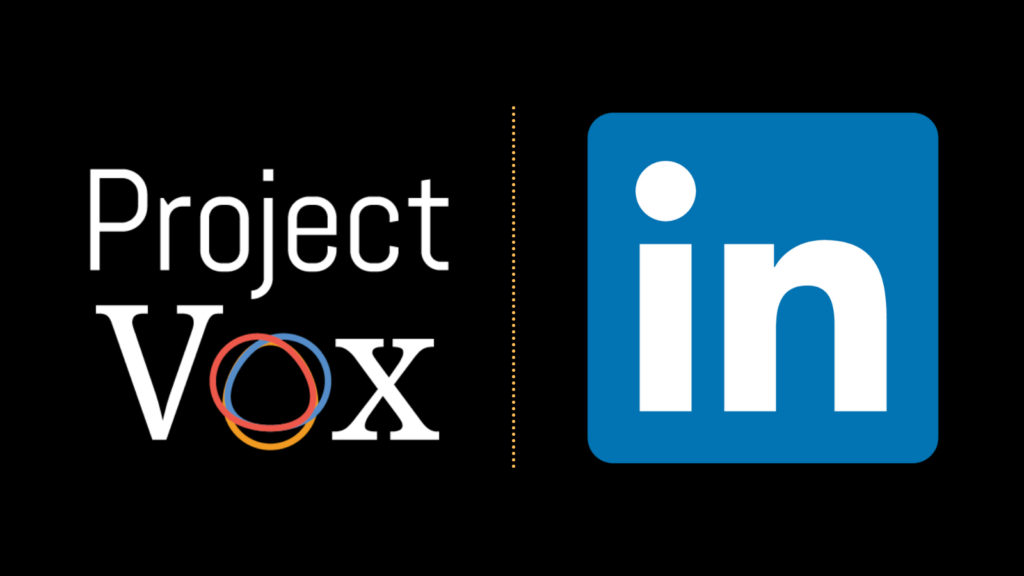The original Project Vox team in 2014 included faculty and staff and quickly grew to include student workers, both graduate students and undergraduates. If you have read our blog, you know that students are part of all aspects of our team and we pride ourselves on mentorship to and among them. From the beginning, Project Vox offered students a place to learn about research, digital publishing, and participate in collaborative writing in the humanities. As the project’s work became more interdisciplinary, the faculty and staff members of the team encouraged students at all levels to exercise their own expertise, whether with languages, art history, technology, or social media.
Most of our graduate and undergraduate students are not pursuing a degree in philosophy and, therefore, bring other methodologies and interdisciplinary ideas to the team. In our weekly team meetings, faculty, staff, and our experienced graduate students train new team members to reflect on their experience with Project Vox and explain how to assess what they’ve learned for their resumes, graduate school or job applications, and conference presentations. As a project, the faculty and staff want students to be able to take the skills they’ve learned on the team and apply them to any type of work that they’re interested in, within and beyond an academic sphere.
Last fall Francesca Magario Wadlington, the Social Media Coordinator on our Outreach & Assessment team, asked how we could expand our social media reach and whether we were prepared to maintain another platform. She suggested that we start a LinkedIn page to create a professional space for our team where we can showcase our accomplishments and celebrate the successes of each team member. The other students on the team immediately understood the importance of this type of professional network. They needed a place to list their accomplishments from their time with Project Vox, wanted to be a part of a network of over 50 team alums, and wanted to have work experience that wasn’t specifically listed as Duke University, but rather Project Vox. They wanted the legitimacy of working on a project that wasn’t misinterpreted as simply a course project.
Is LinkedIn enough to help our students overcome the difficulties of the job market? Obviously not, but it is one way that we can start conversations on our team about the goals that we reach each year. It also signals to our students that the work they do on our team is of professional quality and meaningful to our audience.
We’d like to invite you to our LinkedIn page and follow our progress there as we experiment with ways to reach our audience and share the achievements of our student workers. They are not only learning on the Project Vox team, but offering meaningful contributions to our scholarly publications.
Meredith Graham is an Associate in Research at Duke and the Outreach & Assessment Coordinator for Project Vox.
To read more about ways to think about discussing accomplishments over skills in job applications, please see a blog post called “Your Skills are Not Transferable.” Ashton Merck, a recent Duke graduate with a PhD in history, reflected on her experiences of applying for jobs in both academia and non-academic institutions.


